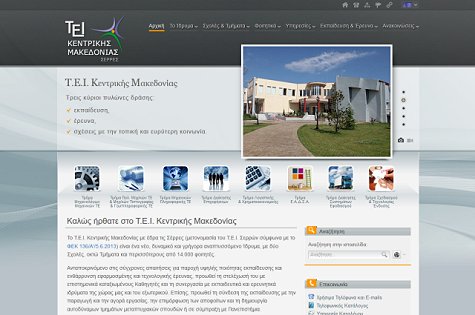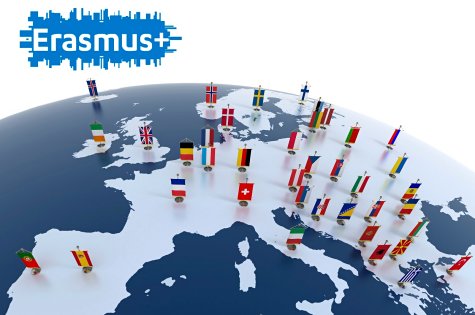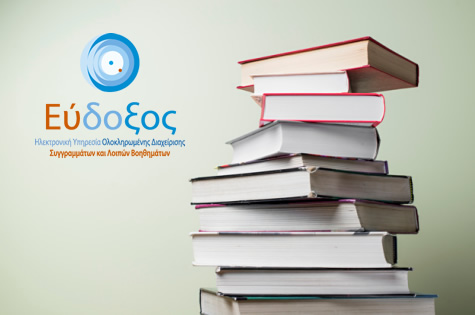Erasmus+ is the European Commission’s new programme for education, training, youth and sport, which aims to enhance skills and employability and modernise education, training and youth systems in all areas of Lifelong Learning (Higher Education, Vocational Education and Training, Adult Education, School Education, Youth Activities, etc.).
The current EU funding programmes for education, training, and youth were terminated at the end of 2013, and the new ERASMUS+ programme was put into force on 1 January 2014.
The new programme combines all EU programmes for education, training, and youth, including the Integrated Lifelong Learning Programme (LLP) (Erasmus, Leonardo da Vinci, Comenius, Grundtvig), the Youth in Action programme and five international cooperation programmes (Erasmus Mundus, Tempus, Alfa, Edulink and cooperation programs with industrial countries).
For the first time, Erasmus+ will offer support for sport, and in particular, the “mass sport”. The new program is completed by the Jean Monnet Special Action, which encourages teaching, research, and debate in the fields of history, politics, economics, and European law.
Why Erasmus+?
European citizens should develop the skills and creativity needed for a knowledge-based society through education. As the world is constantly and rapidly evolving, the education systems need to modernise. This is achieved by adopting new methods of teaching and learning and embracing the new opportunities that emerge. The education, training and non-formal learning of young people are essential for creating jobs as well as strengthening Europe’s competitiveness. Hence, the Erasmus+ programme will play a key role in addressing these challenges.
Who will benefit?
More than 4 million people will receive support to study, work or volunteer abroad, including 2 million higher education students, 650,000 vocational training students and apprentices, and more than 500,000 young people participating in exchange or volunteering programmes abroad. The new programme will also offer a wide range of funding opportunities to all organisations actively involved in formal and non-formal education and training, youth, and sport. It will provide funding for education and training workers, for young workers and for partnerships between higher education institutions, schools, businesses, and non-profit organisations.
A novel approach to financing education and training
The seven-year Erasmus+ programme will have a budget of €14.7 billion which is a 40% increase over current levels, and the number of projects funded under the new programme is expected to increase, respectively. Erasmus+ highlights the need for greater simplicity and efficiency in the funding mechanism. The new funding scheme will be based on lump sums, with the aim of leading to a simplified and more effective approach to the management of the program for the beneficiaries. Some activities that have been previously funded will be discontinued, while others will be implemented under the new ERASMUS+ structure.
By bringing together a wide range of different programmes and initiatives, the European Commission hopes to make the new European programme more accessible and effective for all.
Coordination and Management
The ICF has been designated as the National Coordination Unit for the Erasmus+ European Programme, while the International Relations/Erasmus Offices of the Higher Education Institutions have been designated to manage the program. Consequently, students must contact the Erasmus Office of their institution in order to obtain information and submit the necessary documents.
The IHU (University Campus of Serres) participates in the Erasmus+ programme, having been accredited by the European Commission with the Erasmus+ Charter for Higher Education 2014-2020 (Erasmus Charter for Higher Education 2014-2020).
Useful Links
Periods for Nominations and Applications:
- Autumn Semester:
- Nomination deadline: 15 June
- Application deadline: 30 June
- Spring Semester:
- Nomination deadline: 15 November
- Application deadline: 30 November
Application Form for International Students to IHU (CDC) to be sent to the Departmental Academic Erasmus Coordinator: Application_form_incoming_IHU(CDC)
List of Collaborating Institutions: List of Collaborating Institutions with CDC-IHU (2024-2025)
List of Subjects offered in English and other Languages: CDC IHU Subjects Offered in English (2023-2024)
Study Guide (full description) for Creative Design and Clothing (EN): Study_Guide (Creative Design & Clothing)
Brief Description of Study Program for Creative Design and Clothing (EN): Brief Description of Study Program (CDC 2023-2024)
Contact Details of Erasmus Coordinators: Erasmus_Contact_Sheet_IHU_-_Serres 2025
-
Responsible for Creative Design & Clothing: Michail Karypidis (Ass.Prof)






